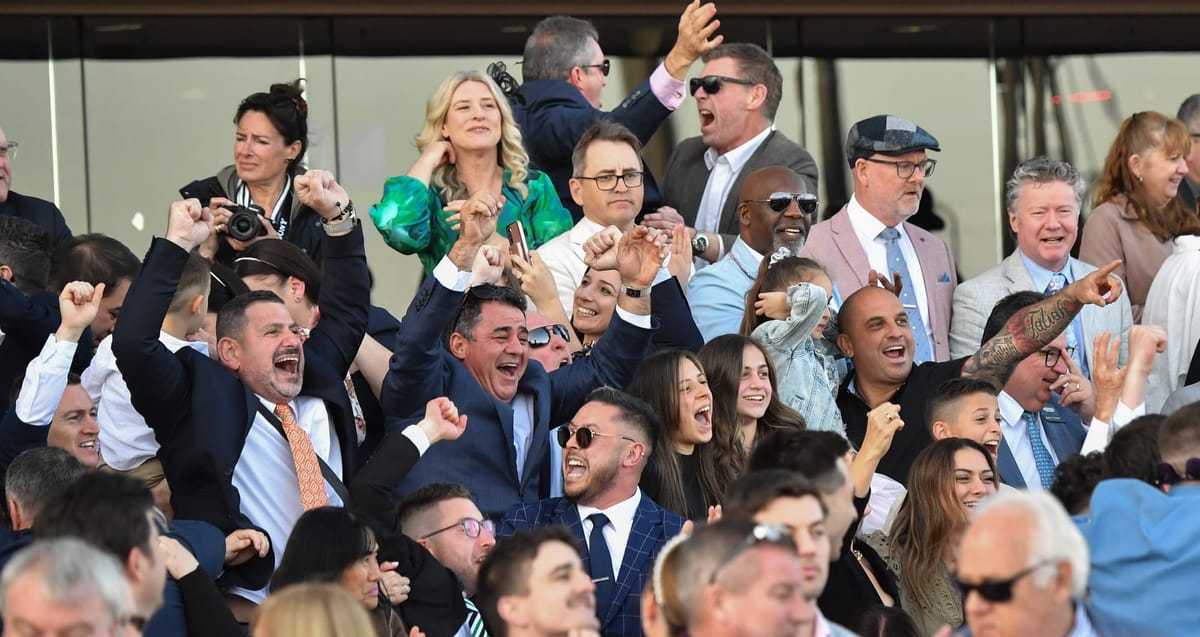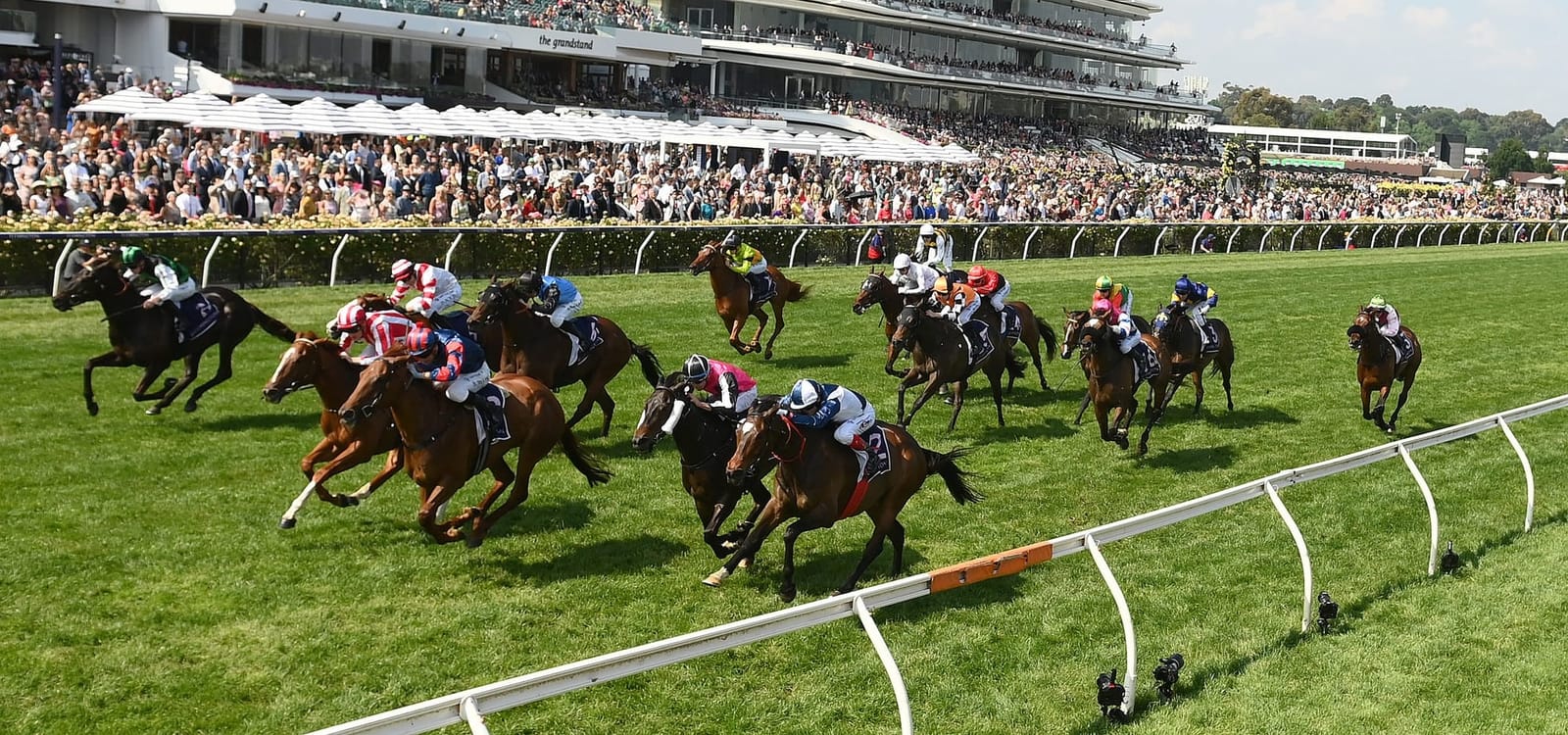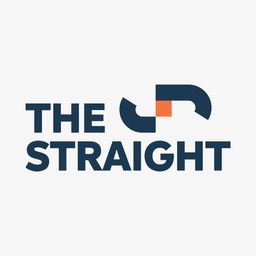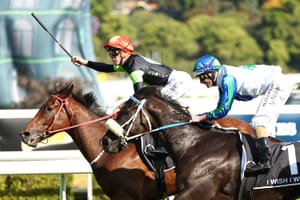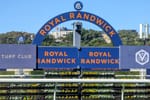Racing Victoria has followed Racing NSW in introducing a Rule Of Racing that expressly prohibits participants from sending live thoroughbreds to knackeries or abattoirs.
The Racing Victoria board endorsed a new rule, Local Rule 94C, which will come into effect from February 1, bringing Victoria into line with a similar rule that Racing NSW brought in during 2017.
The new rule specifically says:
- A person must not directly or indirectly engage in and/or facilitate the transport, movement, delivery, sale or rehoming of a thoroughbred horse to an abattoir, knackery or similar facility.
Racing Victoria clarified that the new rule does not apply to “humane euthanasia of a thoroughbred horse by a registered veterinarian or licensed firearm holder at a veterinary clinic or the property at which the thoroughbred horse resides; or thoroughbreds that are already deceased which are transported, moved, delivered, or sold”.
A breach of the new rule would be considered a serious offence by Racing Victoria stewards and be heard by the Victorian Racing Tribunal.
Racing NSW’s Local Rule 111, put in place more than six years ago, imposed a similar ban.
While there have been repeated media reports of thoroughbred racehorses being slaughtered in NSW since then, only a handful of cases have been pursued by Racing NSW stewards.
Among those cases was a trainer based at Quirindi who received an 18-month ban in 2020, while a Hunter Valley breeder was banned from attending thoroughbred sales for 11 months in 2021.
Racing NSW chief executive Peter V’landys has repeatedly criticised a lack of a clear rule on banning knackeries and abattoirs in other states, saying it flies in the face of those state’s welfare agenda.
“The artificial argument regarding whip reform and animal welfare is purely spin to justify the actions they were going to take against me in the dossier,” he told the Daily Telegraph last year.
“What’s more concerning is that other states won’t follow Racing NSW’s lead and ban horses from being sent to knackeries and abattoirs.
“In one breath, they’re saying Racing NSW doesn’t want reform on a padded whip which doesn’t hurt the horse, while they allow horses to be slaughtered at any age either before they race or after they race.”
Animal welfare reform has been a key battleground during the long and bitter dispute between Racing NSW and the other states, headed by Racing Victoria, a dispute now headed to the courts.
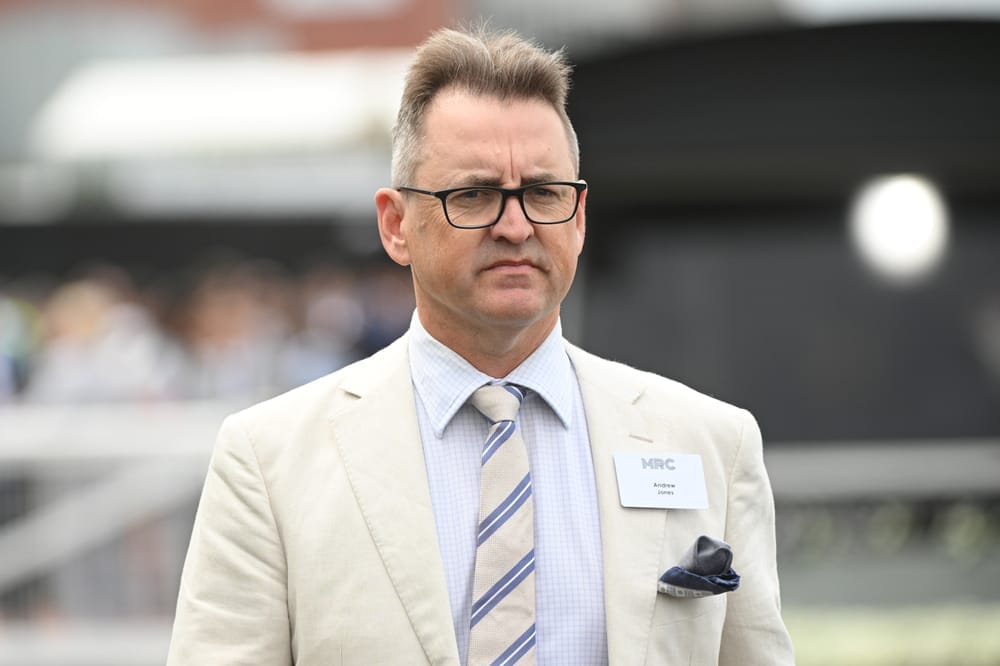
Racing Victoria said its new rule has been brought in “only after it was satisfied that the range of world-class post-racing transition programs put in place over the past five years provided genuine options to support all healthy thoroughbreds to transition to successful second careers”.
“Our focus in the past five years has been on building a sustainable post-racing framework that provides alternate pathways for retiring thoroughbreds,” Racing Victoria CEO Andrew Jones said.
“There is now a full range of programs for healthy retired racehorses. If humane euthanasia is the best welfare outcome, for example where a horse has a chronic injury or disease with negligible prospects or exhibits dangerous behaviours, this can be done humanely onsite rather than at a knackery.
“With the implementation of OHEP in March 2021, we have a safeguard in place for thoroughbred owners and to help avoid the overseas experiences that have led to worse welfare outcomes for thoroughbreds.”
OHEP is Racing Victoria’s Onsite Humane Euthanasia Program. It allows owners to have their thoroughbred euthanised onsite, with funding provided by RV for those services and the subsequent removal of the deceased horse.
“It is only with these safeguards in place that RV can confidently meet community expectations that live thoroughbreds are not disposed of directly from the Victorian thoroughbred racing industry via abattoirs or knackeries,” the RV statement read.
Racing Victoria insists its equine welfare team undertook extensive consultation with industry stakeholders and relevant service providers before implementing the rule.
“Our focus in the past five years has been on building a sustainable post-racing framework that provides alternate pathways for retiring thoroughbreds” - Racing Victoria CEO Andrew Jones
Rule 94C would appear to impact three sets of industry groups - owners, trainers and breeders.
Representatives of those three groups have been among the most fervent recent critics of Racing Victoria’s executive approach, with Thoroughbred Racehorse Owners Association (TROA) chairman Jonathan Munz recently calling for Jones to be sacked.
